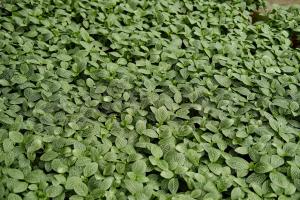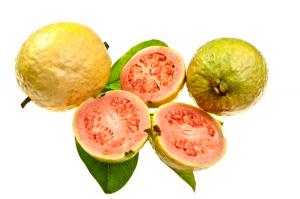Understand Tissue Culture Plant and Its Importance in Modern Agriculture
Plant tissue culture is a technique used in modern agriculture to produce plants in a faster, more efficient manner. With this technology, it is possible to cultivate plants from tissue samples in a controlled environment, leading to the production of uniform, disease-free plants.
What is a Tissue Culture Plant?
A tissue culture plant refers to a plant that has been produced using tissue culture techniques. Tissue culture involves taking small pieces of plant tissue, such as a leaf, stem or an immature embryo, and placing them in a nutrient-rich medium under controlled conditions. These conditions can be manipulated to promote growth, while also protecting the plant tissue against diseases.
In the laboratory setting, tissue culture plants are grown in sterile conditions, making it possible to eliminate viruses, bacteria, and fungi that may be present in the original tissue sample. This ensures the production of plants that are disease-free and of high quality.
Importance of Tissue Culture Plants in Modern Agriculture
Tissue culture plants have numerous benefits in modern agriculture. One of the most significant advantages of this technology is its ability to produce plants in large quantities in a shorter amount of time than traditional cultivation methods. This is especially useful when growing crops that are in high demand, such as vegetables or fruits.
In addition to being fast and efficient, tissue culture plants are also genetically identical to the original plant tissue from which they were derived. This promotes uniformity in crop production and ensures that the plants will have the same desired traits, such as resistance to disease and pests or high yield potential.
Tissue culture plants can also reduce the risks associated with traditional plant propagation methods, such as the spread of diseases or genetic changes in the plants. With this technology, farmers can grow healthy, disease-free plants that are adapted to local environmental conditions.
Conclusion
Tissue culture plants are becoming increasingly important in modern agriculture due to their numerous benefits. With this technology, farmers can produce crops in a more efficient and controlled manner that promotes uniformity, reduces the spread of diseases, and ensures high-quality crop production. For these reasons, tissue culture plants are an essential part of modern agriculture and are expected to play a leading role in the industry's future.

 how many times do yo...
how many times do yo... how many planted tre...
how many planted tre... how many pine trees ...
how many pine trees ... how many pecan trees...
how many pecan trees... how many plants comp...
how many plants comp... how many plants can ...
how many plants can ... how many plants and ...
how many plants and ... how many pepper plan...
how many pepper plan...
































